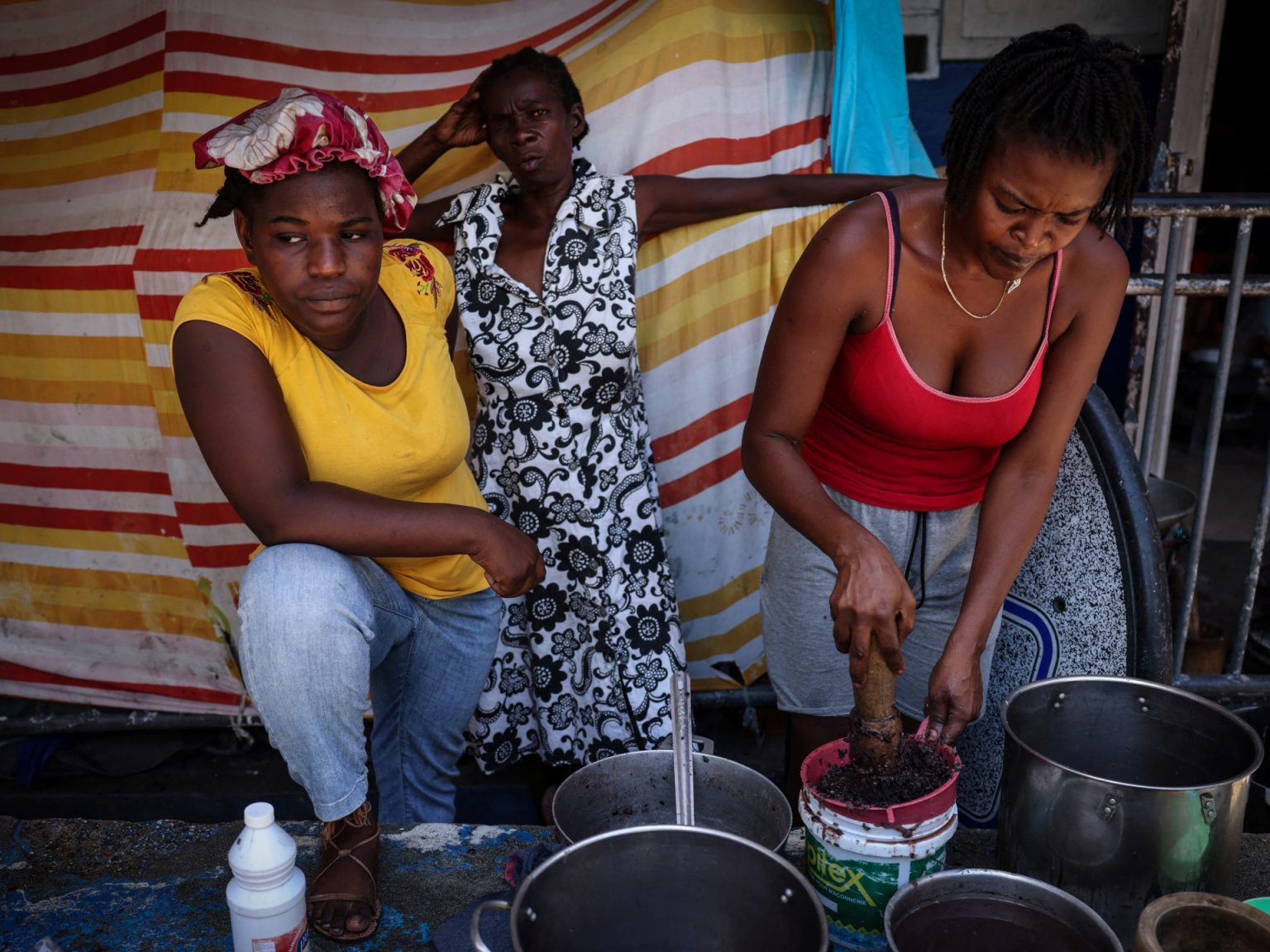A recent report by the Integrated Food Security Phase Classification (IPC) has highlighted the dire food insecurity situation in Haiti, with 5.41 million people experiencing high levels of acute food insecurity between August 2024 and February 2025. Nearly 48 percent of the population is facing acute food shortages, and 6,000 people are in a catastrophic state of hunger. This crisis has been exacerbated by armed gang violence, which is rampant in the country and has forced many people to flee their homes, making access to food even more challenging.
Haiti has been grappling with political unrest for years, and the situation worsened when powerful armed groups targeted state institutions in early 2024. Despite efforts to address the crisis, the violence continues, with over 3,600 people being killed in the first half of the year due to gang-related violence. The lack of rule of law and persistent violence are major obstacles to improving the food security situation in the country. Inflation is also a contributing factor, with food expenses consuming up to 70 percent of household budgets, making it difficult for people to access essential food items.
The impact of climate shocks, such as Hurricane Matthew in 2016 and the 2021 earthquake, has further exacerbated the food insecurity crisis in Haiti. The country’s geographical location makes it vulnerable to natural disasters, which disrupt food supplies and exacerbate hunger. Gangs now control about 80 percent of the capital, Port-au-Prince, and key roads leading to other parts of the country, making it difficult to deliver humanitarian aid and essential goods. Over the past few years, gang activity has left more than 700,000 people homeless, further worsening the humanitarian situation.
Efforts to address the crisis have been made, such as a UN-backed mission led by Kenya to liberate communities from gang control. However, significant challenges remain, and the situation is not expected to improve in the near future. Humanitarian food assistance is not sufficient to meet the needs of the population, and violence is expected to continue to escalate, affecting supply chains and leading to more displacement of people. The ongoing armed gang violence and insecurity in Haiti are major barriers to improving food security and addressing the acute hunger crisis that millions of people are facing.
Overall, the situation in Haiti is grim, with millions of people experiencing high levels of acute food insecurity due to armed gang violence, inflation, and climate shocks. Efforts to address the crisis have been hindered by the persistent violence and lack of rule of law, making it difficult to provide essential food supplies to those in need. The international community needs to step up efforts to provide humanitarian aid and support to Haiti to alleviate the suffering of millions of people who are struggling to access enough food to survive.













